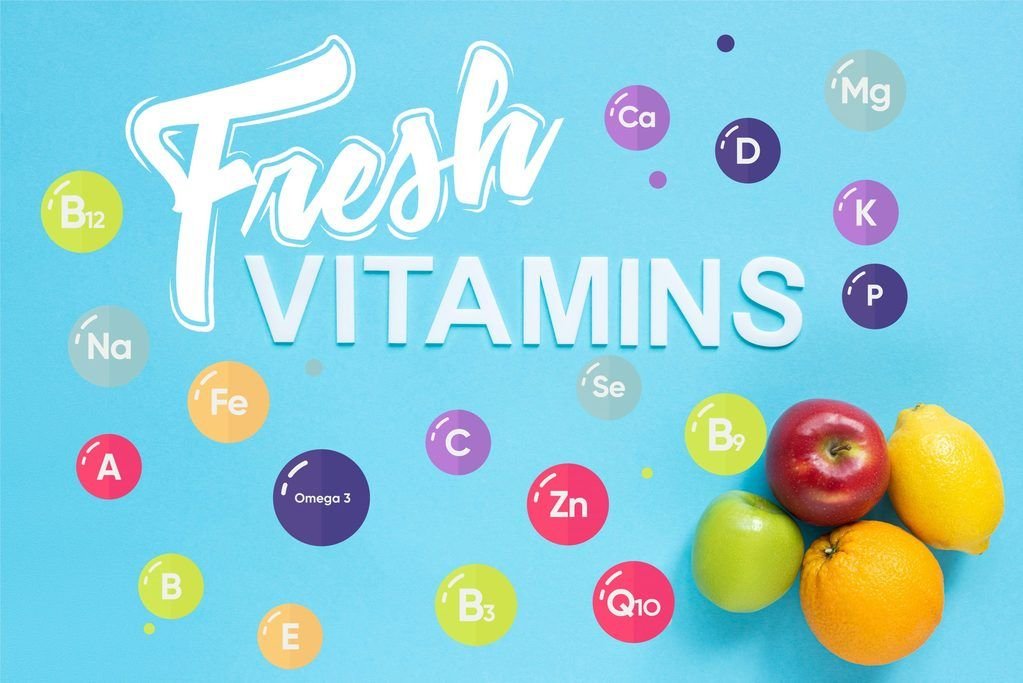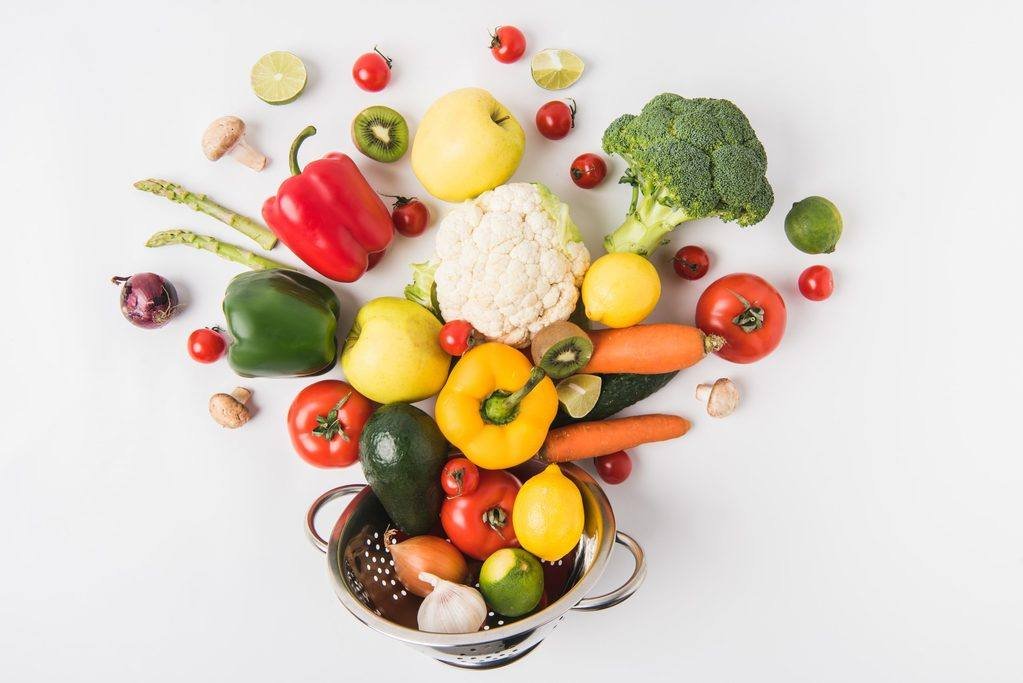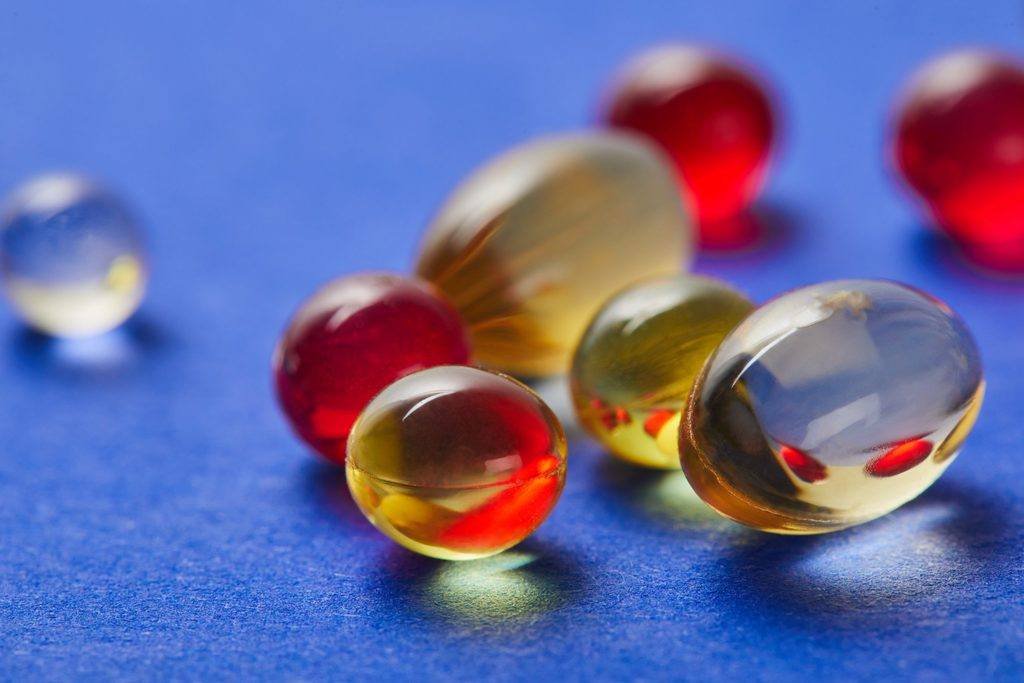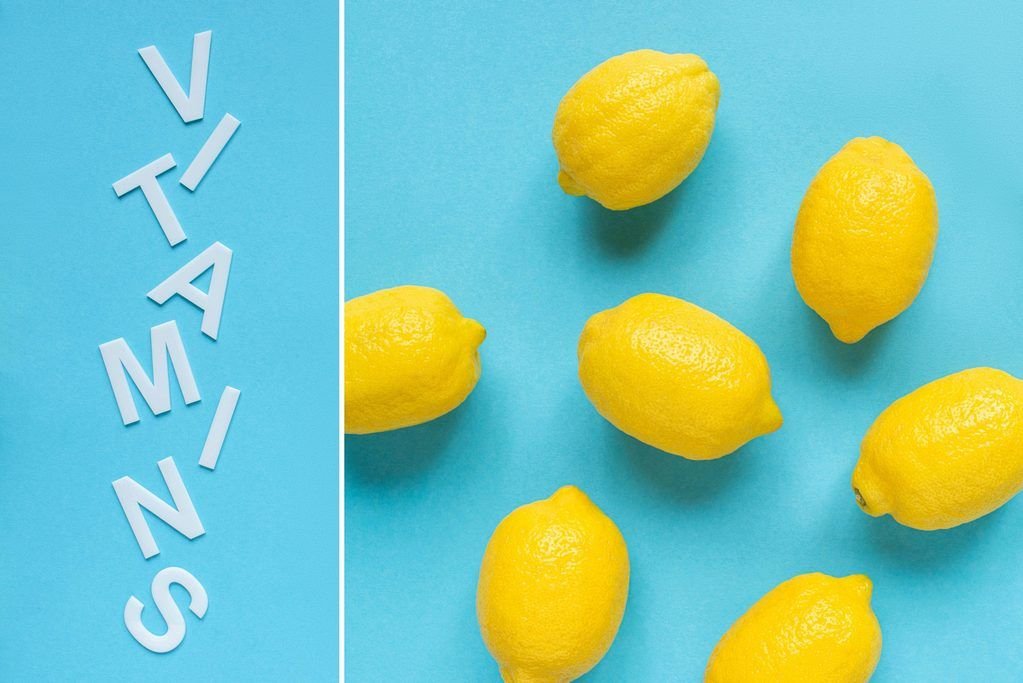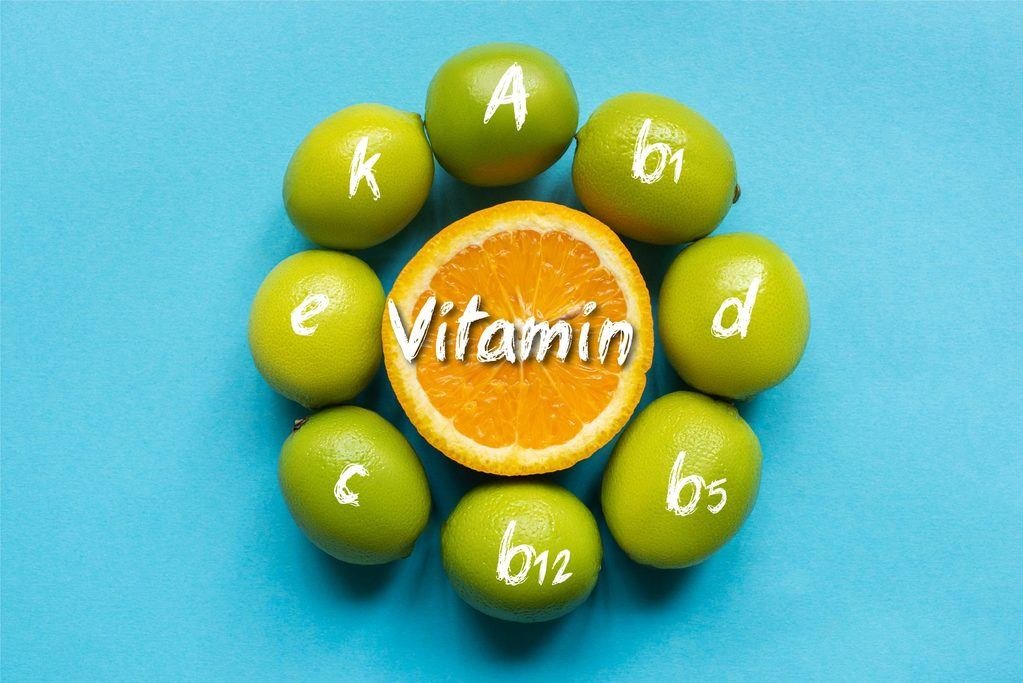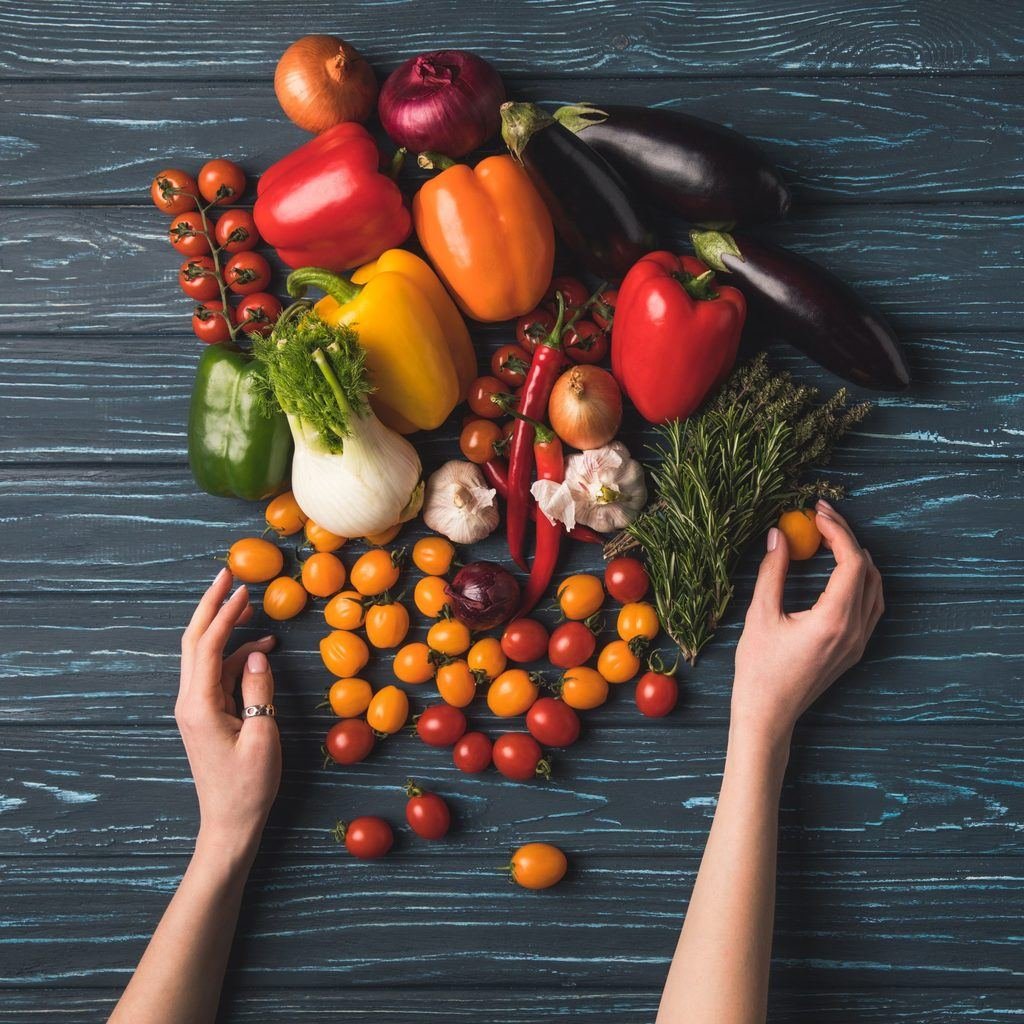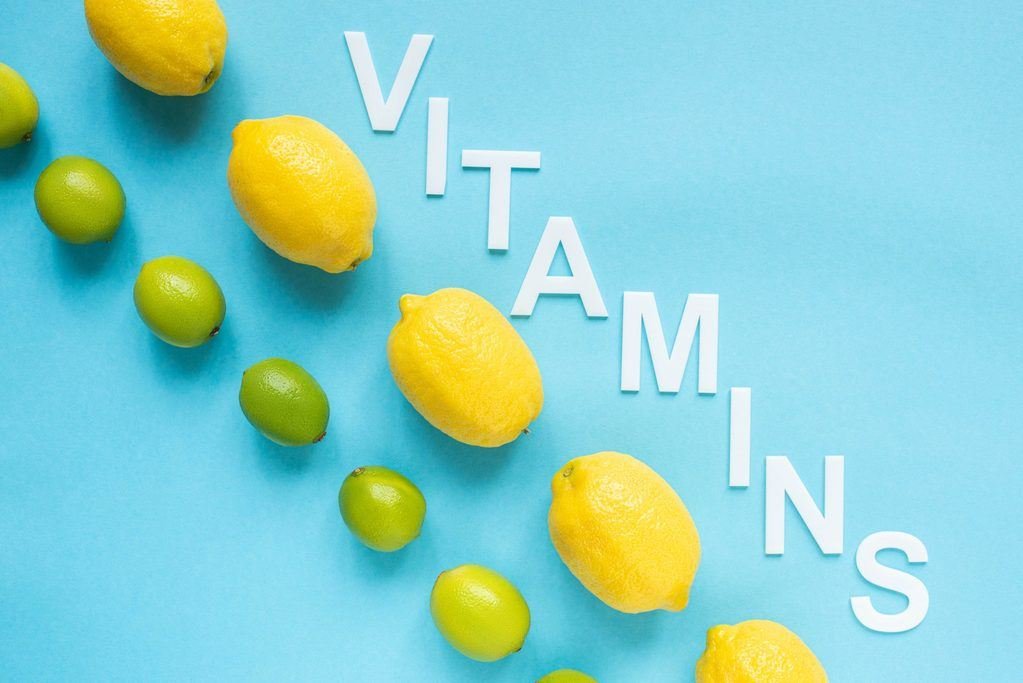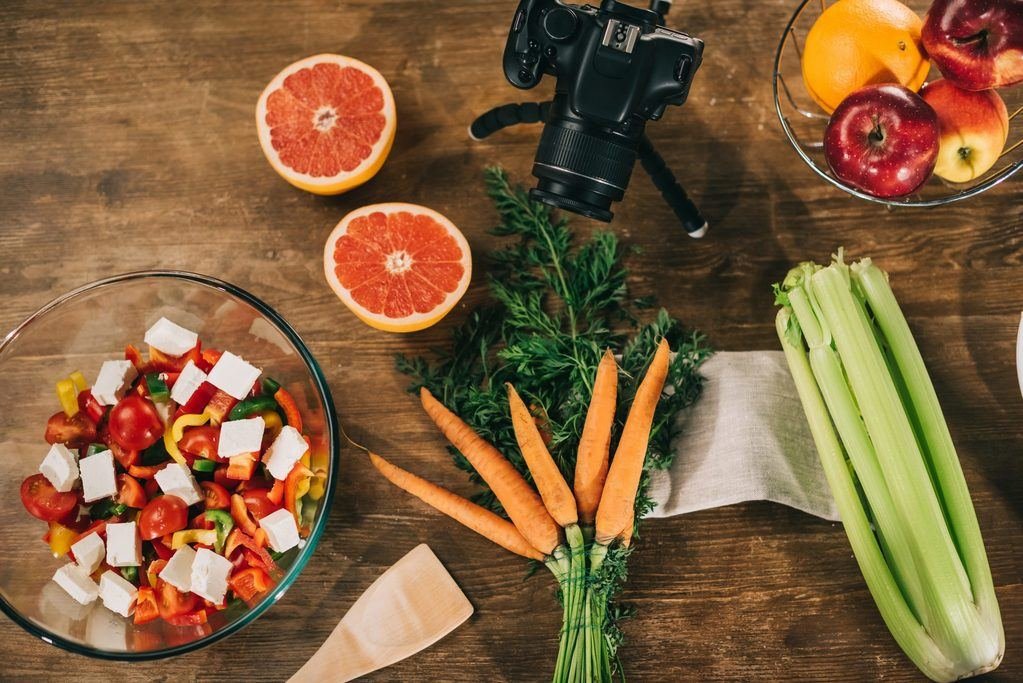The term vitamin K refers to a group of similar chemicals that all have the important function of aiding blood clotting. It is named from the German word “koagulation.”
Having the proper amount of clotting factor in your blood is important. Too little, and you’re at risk for bleeding and bruising. Too much, and you risk dangerous clotting and stroke. The clotting process itself is extremely complex, and vitamin K plays a big part in making it work.
In addition to helping your blood clot properly, vitamin K also helps to build strong bones. In fact, it is recommended for post-menopausal women to help prevent fractures from the bone loss associated with the hormonal changes of menopause.
Vitamin K Deficiency
Sometimes babies are born with low levels of vitamin K because it doesn’t pass through the placental barrier very well. Premature babies are particularly at risk. The good news is that this usually clears up quickly as the infants receive the vitamin K they need in their diets.
For adults, low levels of vitamin K have been associated with arthritis. Vitamin K helps to strengthen the proteins in the joints to protect from the pain and stiffness that arthritis can bring.
While most people aren’t at risk for deficiency, some conditions make low levels of vitamin K more likely. Alcoholics, for instance, have poor liver function that predisposes them to many vitamin deficiencies
Other conditions that can lead to poor vitamin K processing include cystic fibrosis and inflammatory bowel diseases. Bowel surgery can also cause difficulties with vitamin K absorption.
Food Sources of Vitamin K
By far, the best food sources of vitamin K are dark leafy greens. Kale, spinach, and other greens are all excellent ways to get your recommended daily serving of vitamin K.
If you’re looking to add some vitamin K to your diet, have a Caesar Salad. A spinach omelette would be another great way to enjoy some vitamin K. Even a very small amount of spinach added to any dish brings a respectable amount of vitamin K to the table.
A side dish of broccoli or peas will add a punch of vitamin K to your diet. In fact, even just a few tablespoons of parsley can provide a decent serving of vitamin K.
Want a fast, easy serving of vitamin K? Have a kiwi. One kiwi contains about a third of the recommended daily intake of vitamin K.
